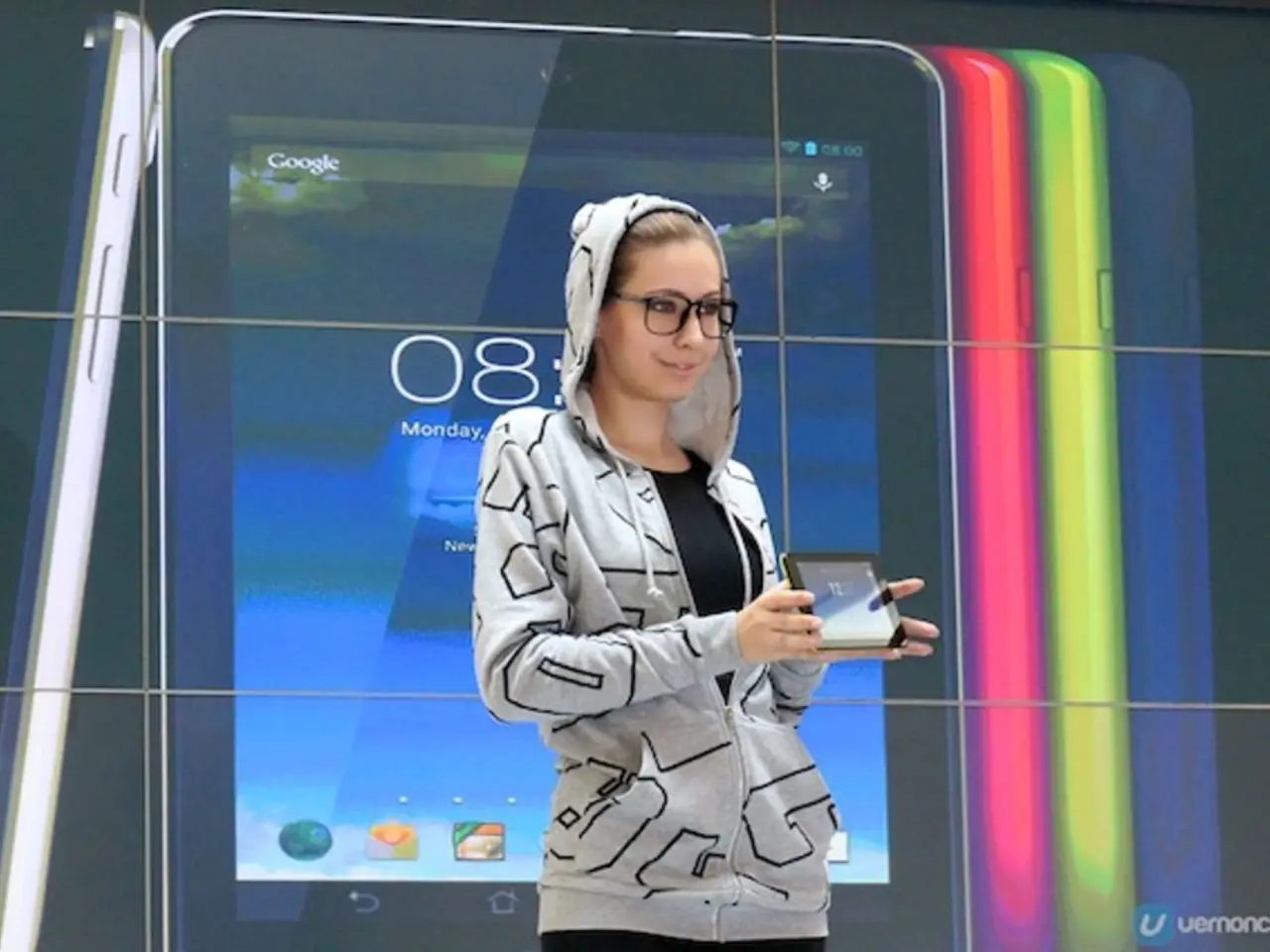Tech-Enabled Independence: Journey Towards Autonomy Begins
In 2025, technology continues to evolve at an unprecedented pace, offering innovative solutions that empower individuals and promote independence across various aspects of life. From assistive technologies to AI-powered assistants, customer experience innovations, and emerging trends, the impact of technology is undeniable.
## Assistive and Adaptive Technologies
People with visual impairments or physical disabilities can now access digital content, communicate, and manage daily tasks independently thanks to screen readers and speech-to-text software. Eye gaze systems and custom keyboards provide a means for those with limited mobility to interact with computers and control smart devices. The advent of 3D printing allows for the creation of personalised solutions, such as wheelchair cup holders, to solve everyday accessibility challenges. Emerging cyborg technologies, including advanced prosthetics and neural enhancements, are restoring independence to amputees and individuals with motor impairments.
## AI-Powered Assistants and Digital Services
Microsoft 365 Copilot and similar AI assistants automate routine tasks, assist with content creation, and streamline workflows within productivity suites, benefiting professionals and students alike. AI-powered music services like Spotify's AI DJ deliver personalised music and commentary, enhancing user experience and supporting mental well-being. Tools such as AI-powered store builders (e.g., Shopify Magic) enable individuals to launch online businesses with minimal technical expertise, promoting financial independence. Text-to-video AI (e.g., OpenAI Sora) allows users to create and extend video content easily, supporting creative and entrepreneurial endeavours.
## Customer Experience and Accessibility Innovations
AI chatbots and virtual assistants provide immediate support and information to users, improving access to services and reducing dependency on human assistance. Virtual Reality (VR) and Augmented Reality (AR) are used for immersive training, remote collaboration, and accessible experiences in education and the workplace. Knowledge Management Systems (KM) and Customer Relationship Management (CRM) Tools empower individuals and businesses to organise, access, and utilise information efficiently, supporting both personal and professional independence.
## Emerging Trends
Artificial General Intelligence (AGI) holds the promise of enabling machines to reason, plan, and adapt across diverse domains, potentially transforming how people interact with technology and perform complex tasks. Smart glasses and foldable smartphones offer new ways to stay connected, access information, and manage daily life with enhanced portability and accessibility.
These technologies collectively reduce barriers, foster independence, and open new opportunities for creativity, learning, and participation in society. Instructors bring real-world experience, industry insights, and a dose of humanity to the classroom. Skills in coding, design, data, cybersecurity, and AI can facilitate location independence and flexible work arrangements.
In 2025, tech is redefining work, enabling remote work, side hustles, freelance consulting, and asynchronous collaboration across time zones. The institution's learning model is built around access, options, control, support, and autonomy. Independence Day, in 2025, emphasises personal freedom, including the ability to navigate the world and the internet independently.
Screen readers and apps like Seeing AI help blind and low-vision users interpret the world around them. Voice assistants can schedule appointments and manage daily tasks, providing an added layer of convenience. Free classes are available for those who are curious but noncommittal, providing a safety net for individuals to grow their skills.
In conclusion, technology in 2025 is a powerful tool that empowers individuals to take control of their lives, break down barriers, and seize opportunities for growth and independence. From assistive technologies to AI-powered assistants, customer experience innovations, and emerging trends, the potential for technology to transform lives is limitless.
- The alumni network can facilitate career support for individuals exploring opportunities in the ever-evolving field of technology, providing valuable insights and connections for success.
- As advanced technologies such as AI-powered tools and smart devices become more integrated into daily life, individuals can acquire cybersecurity training to safeguard their personal data and digital assets while pursuing education-and-self-development.
- With an increased focus on lifestyle and independence in 2025, technological innovations in assistive technologies, customer experience, and accessibility will continue to open doors for everyone, allowing them to thrive in a technology-driven world.




